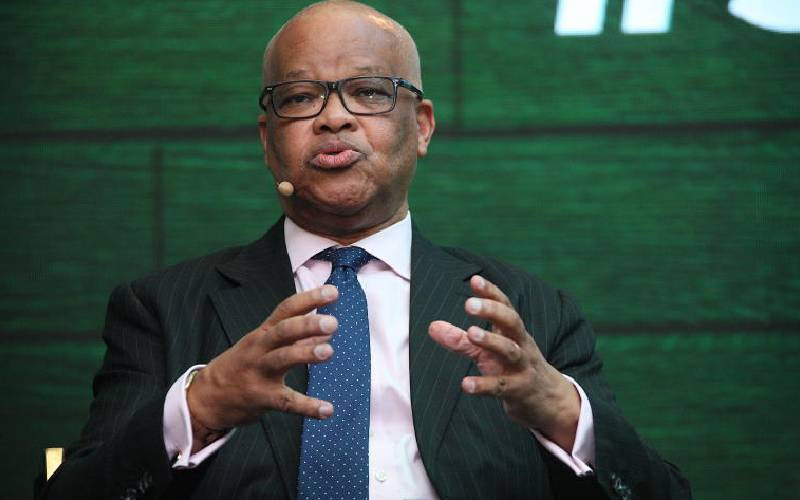×
The Standard e-Paper
Fearless, Trusted News

A Nairobi lawyer is set to replace veteran corporate banker John Ngumi on the Safaricom board of directors.
In the changes that will be keenly watched by investors, Safaricom is set to replace Ngumi with little-known Adil Arshed Khawaja, who is the managing partner at Nairobi-based law firm Denton's Hamilton and Mathews.